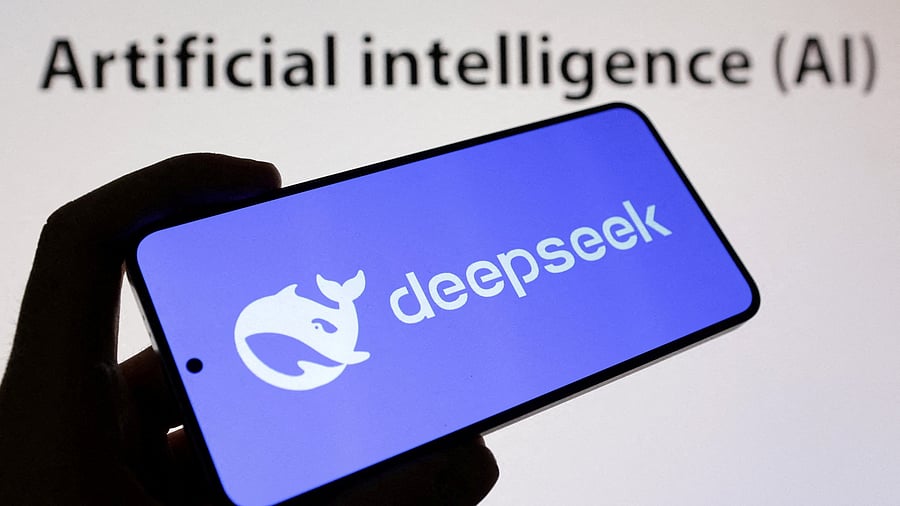
AI data centres could consume up to 10% of the power grid in some countries, including the US. Decentralisation, he suggested, may help distribute energy demands more efficiently.
Credit: Reuter sPhoto
Bengaluru: China’s DeepSeek, a large-language model-based AI, has emerged as a cost-effective competitor to OpenAI’s ChatGPT, reportedly developed for just USD 6 million — significantly lower than ChatGPT’s USD 100 million.
Beyond cost, DeepSeek also boasts a lower hardware requirement, running on just 2,000 GPUs compared to ChatGPT’s 25,000.
Meanwhile, Union IT Minister Ashwini Vaishnaw has announced plans to deploy 18,000 GPUs and develop a foundational AI model within 8 to 10 months. However, experts caution that this ambitious timeline presents significant challenges, as India’s AI development still grapples with gaps between research and real-world implementation.
While affordability is a key factor, experts like V Vinay, Chairman of Jed-I Technologies, argue that DeepSeek’s true innovation lies in its open-source nature, enabling local deployment while competing with top AI models.
"DeepSeek’s key breakthrough isn’t just cost-efficiency — it is open-source framework. AI, like any technological advancement, is expensive at first, but improves over time. As the first open-source rival to OpenAI and Anthropic, DeepSeek could democratise AI by making local deployment feasible,” Vinay said.
However, he warned that sustainability remains a challenge.
AI data centres could consume up to 10% of the power grid in some countries, including the US. Decentralisation, he suggested, may help distribute energy demands more efficiently.
AI innovator Siddharth Das echoed concerns about energy consumption, noting that while models are becoming more efficient, increased computing power tends to drive higher energy usage.
"Any efficiency gains will be offset by larger models and growing consumer demand, leading to higher overall energy consumption,” Das explained.
He emphasised that for India to sustain large-scale AI operations, nuclear energy would be essential, as renewables alone cannot meet the demand.
Das also stressed the need for a robust AI ecosystem in India, advocating for concentrated funding and research centres.
"India needs experts in AI-related fields and long-term funding, ideally directed toward a few dedicated AI research centres co-located with, but not controlled by, leading universities. Scattering resources across multiple institutions won’t yield competitive results. Private sector funding will also be crucial, as India lacks the level of government investment seen in the US and China. To compete globally, structured, and sustained investment in research infrastructure is essential,” he concluded.